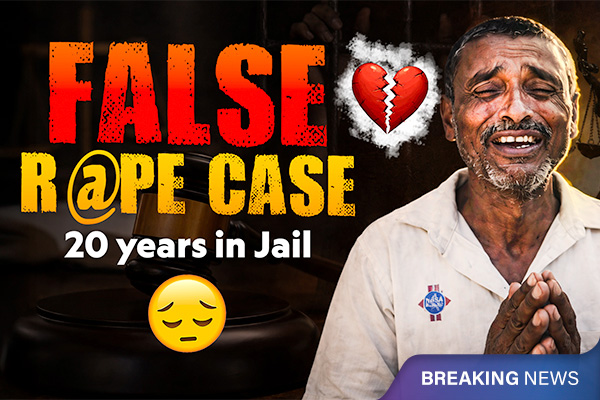India Punishes Bangladesh; Deploys S-400 On Border
India responds strongly to Bangladesh’s anti-India remarks and deepens defence and trade strategies amid rising regional tensions.
The relationship between India and Bangladesh has been getting worse ever since Muhammad Yunus took charge. His recent statements have created more tension, especially after his visit to China.
During a 4-day visit to China, Yunus claimed that India’s Northeast region is landlocked — meaning it has no direct connection to the sea. He said Bangladesh can help China access the sea from this region, and even invited China to invest more in Bangladesh. He also called Bangladesh the “protector of the ocean in South Asia.”
He spoke about India’s Northeast region, also known as the Seven Sisters, and pointed out that the only way to connect these states with the rest of India is through the Siliguri Corridor, also called Chicken’s Neck. This narrow strip is very important for India’s national security.
Experts believe Yunus is trying to bring China closer to this sensitive region, which could be a threat to India. However, India has responded strongly.
External Affairs Minister Dr. S. Jaishankar reminded everyone that India has the longest coastline in the Bay of Bengal. Assam Chief Minister Himanta Biswa Sarma also strongly condemned Yunus’ comments and said India must build more roads and railway lines to better connect the Northeast.
To strengthen its defence, India has placed the powerful S-400 defence system at the Siliguri Corridor. Reports also say that Rafale and other fighter jets have been moved there. This looks like a strong warning to Bangladesh.
India has also cancelled an important transport facility that allowed Bangladesh to send goods to Nepal, Bhutan, and Myanmar using India’s land route for free. This will badly affect Bangladesh’s economy.
Adding to Bangladesh’s problems, former US President Donald Trump has imposed a 37% tax on goods from Bangladesh. At the same time, Indian goods now have a lower tax of 26%, making them cheaper and more popular in the US.
Meanwhile, there have been violent protests in Bangladesh. People attacked stores like Bata, KFC, Dominos, and Pizza Hut, wrongly thinking they are linked to Israel. But these brands have no connection to Israel. The violence was reportedly triggered by fake messages on social media.
Interestingly, the Israel-Hamas war has also caused people in Middle East countries to boycott American brands like Coca-Cola and Pepsi. This has increased the demand for India’s old soft drink brand Campa Cola. Recently, Reliance Industries bought this brand and is working to make it popular again.
So while Bangladesh is facing diplomatic and economic challenges, Indian products are getting new opportunities to grow — both at home and abroad.
What do you think about all these developments? Let us know in the comments.







